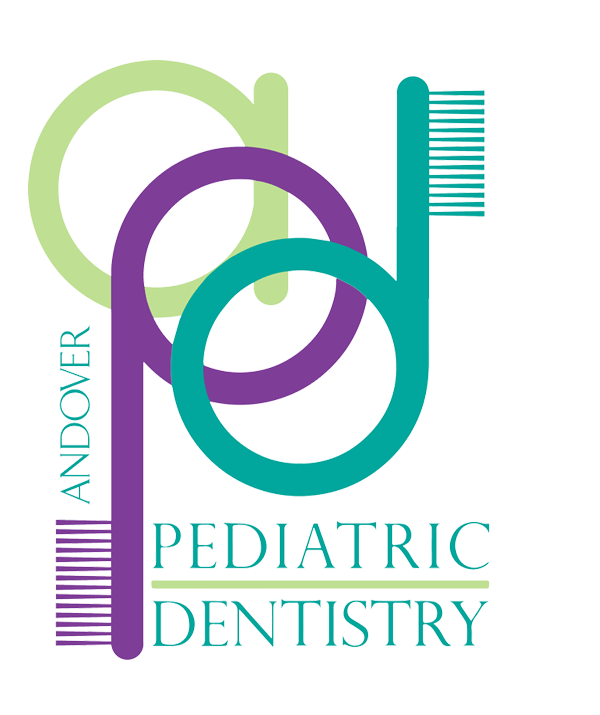Many parents wonder why it’s necessary to treat cavities in baby teeth, also known as primary teeth, when they are just going to fall out anyway. It’s a common misconception that since these teeth are temporary, they don’t require the same level of care as permanent adult teeth. However, primary teeth play a vital role in a child’s overall health and development. Neglecting decay in these teeth can lead to significant pain, infection, and more complex issues down the road. Understanding their function helps clarify why early and effective treatment, like restorative pediatric dentistry, is essential for a child’s well-being.
The Foundation for Healthy Permanent Teeth
One of the most critical functions of baby teeth is to act as placeholders for the permanent teeth that will eventually replace them. Each primary tooth reserves a specific spot in the jaw, guiding the permanent tooth underneath it to erupt in the correct position. When a baby tooth is lost prematurely due to extensive decay or infection, the neighboring teeth can drift into the empty space. This shifting can cause crowding and block the path for the underlying permanent tooth, leading to crooked or impacted teeth. By restoring a decayed primary tooth, we preserve this essential space, helping to ensure that adult teeth come in properly aligned. This proactive care can prevent the need for more extensive and costly orthodontic treatment in the future, setting the stage for a healthy, straight smile.
Essential for Nutrition, Speech, and Confidence
Baby teeth are fundamental to a child’s ability to chew food properly and receive adequate nutrition for healthy growth and development. Severe decay can make chewing painful, causing a child to avoid certain foods, which may impact their diet. Furthermore, primary teeth are crucial for the development of clear speech. The front teeth, in particular, help a child form sounds and words correctly. Missing or damaged teeth can lead to speech impediments that may require therapy to correct. Beyond these functional roles, a healthy smile is integral to a child’s self-esteem. Painful or visibly decayed teeth can affect a child’s confidence and willingness to smile and interact with others. Restoring baby teeth ensures they can eat comfortably, speak clearly, and feel good about their appearance.
Protecting Your Child’s Oral Health for a Lifetime
Maintaining the health of primary teeth is the first step in establishing a lifetime of good oral hygiene habits and positive dental experiences. Treating decay early helps prevent the spread of bacteria that can cause more cavities and lead to painful abscesses or infections, which can affect a child’s overall health. When dental issues are addressed promptly and gently, children are more likely to view dental visits as a positive experience, reducing the potential for dental anxiety later in life. Our goal is to provide comprehensive care that not only resolves current issues but also educates families on preventive practices. By working together, we can protect your child’s smile now and for years to come.
Frequently Asked Questions About Primary Teeth
What should I do if my child’s baby tooth gets a cavity?
If you notice a cavity or suspect decay in your child’s baby tooth, it is important to schedule an appointment with a pediatric dentist right away. A dentist can assess the extent of the decay and recommend the best course of treatment, such as a filling or a pediatric crown. Early intervention can prevent pain, infection, and the premature loss of the tooth, which is essential for guiding the permanent tooth into its proper place.
When do children typically start losing their baby teeth?
Children usually begin to lose their primary teeth around the age of six, and the process continues until they are about 12 or 13. The first teeth to be lost are typically the lower central incisors, the two bottom front teeth. It’s a gradual process, with different teeth falling out at different times to make way for their permanent replacements. A pediatric dentist can monitor this process to ensure your child’s dental development is on track.
Since 1967, our pediatric dentistry office has been dedicated to providing outstanding dental care for families throughout the Merrimack Valley. We aim to create a comfortable and welcoming environment where we can deliver comprehensive services and thorough patient education. To learn more or to schedule a visit for your child, please contact us online or call our office at 978-296-4964.

